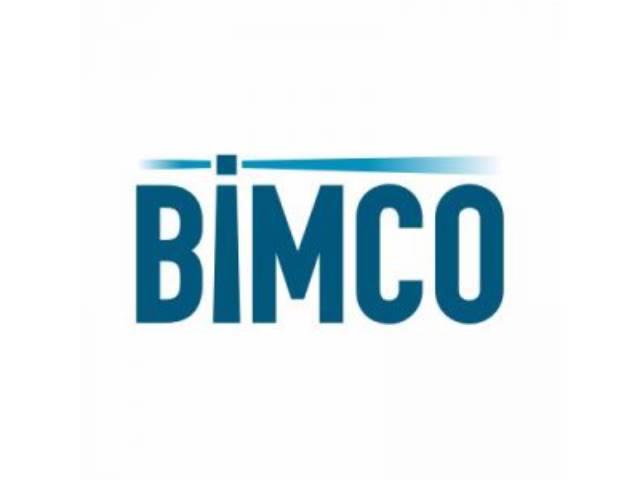The Covid-19 crisis has painfully demonstrated the heterogeneous landscape that currently exists across ports worldwide. With the world’s attention now focused on exiting from lockdowns and preparing for a ‘new normal’, there is an urgent need to co-operate and accelerate the pace of digitalisation, according to a number of leading maritime associations, including BIMCO.
While some port communities seized the opportunities of the fourth industrial revolution and developed into full-fledged ‘smart’ ports, many others have barely grasped the essentials of digitalisation. The latter continue to struggle with larger reliance on personal interaction and paper-based transactions as the norms for shipboard, ship-port interface and port-hinterland based exchanges.
As an illustration, only 49 of the 174 Member States of the International Maritime Organization (IMO) have functioning Port Community Systems to date. These systems are considered the cornerstone of any port in the current digitalised business landscape.
With the world now exiting from lockdowns, there is an urgent need for inter-governmental organisations, governments and industry stakeholders concerned with maritime trade and logistics to come together and accelerate the pace of digitalisation. This will allow port communities across the world to at least offer a basic package of electronic commerce and data exchange, in compliance with all relevant contractual and regulatory obligations.
In addition, digitalisation is a catalyst for safety improvements, environmental improvements (reducing the CO2 footprint) as well as cost savings.
To realise this overall ambition, the International Association of Ports and Harbors (IAPH), BIMCO, the International Cargo Handling Coordination Association (ICHCA), the International Chamber of Shipping (ICS), the International Harbour Masters’ Association (IHMA), the International Maritime Pilots Association (IMPA), the International Port Community Systems Association (IPCSA), the International Ship Suppliers’ Association (ISSA), the Federation of National Associations of Ship Brokers and Agents (FONASBA) and the PROTECT Group are launching a call to action along a number of priorities.
These priorities include assessing the state of implementation and find ways to enforce the already mandatory requirements defined in the IMO’s Facilitation (IMO FAL) Convention to support transmission, receipt, and response of information required for the arrival, stay, and departure of ships, persons, and cargo, including notifications and declarations for customs, immigration, port and security authorities, via electronic data exchange, making the transition to full-fledged single windows.
It also includes ensuring harmonisation of data standards beyond the IMO FAL Convention and to strive for the introduction of Port Community Systems and secure data exchange platforms in the main ports of all Member States represented in the IMO, to mention a few.
BIMCO will be assisting in the delivery of many of these priorities and working on them will require collaboration between maritime supply chain industry stakeholders and government. Above all, it calls for inter-governmental collaboration as the acceleration of digitalisation will require change management at local, regional, and national levels. National trade facilitation committees implemented under the WTO Trade Facilitation Agreement could be an excellent instrument for member states and port authorities to drive the change.
The policy document will now be submitted to the IMO Secretariat as a proposal for further dissemination.
Source: BIMCO






































